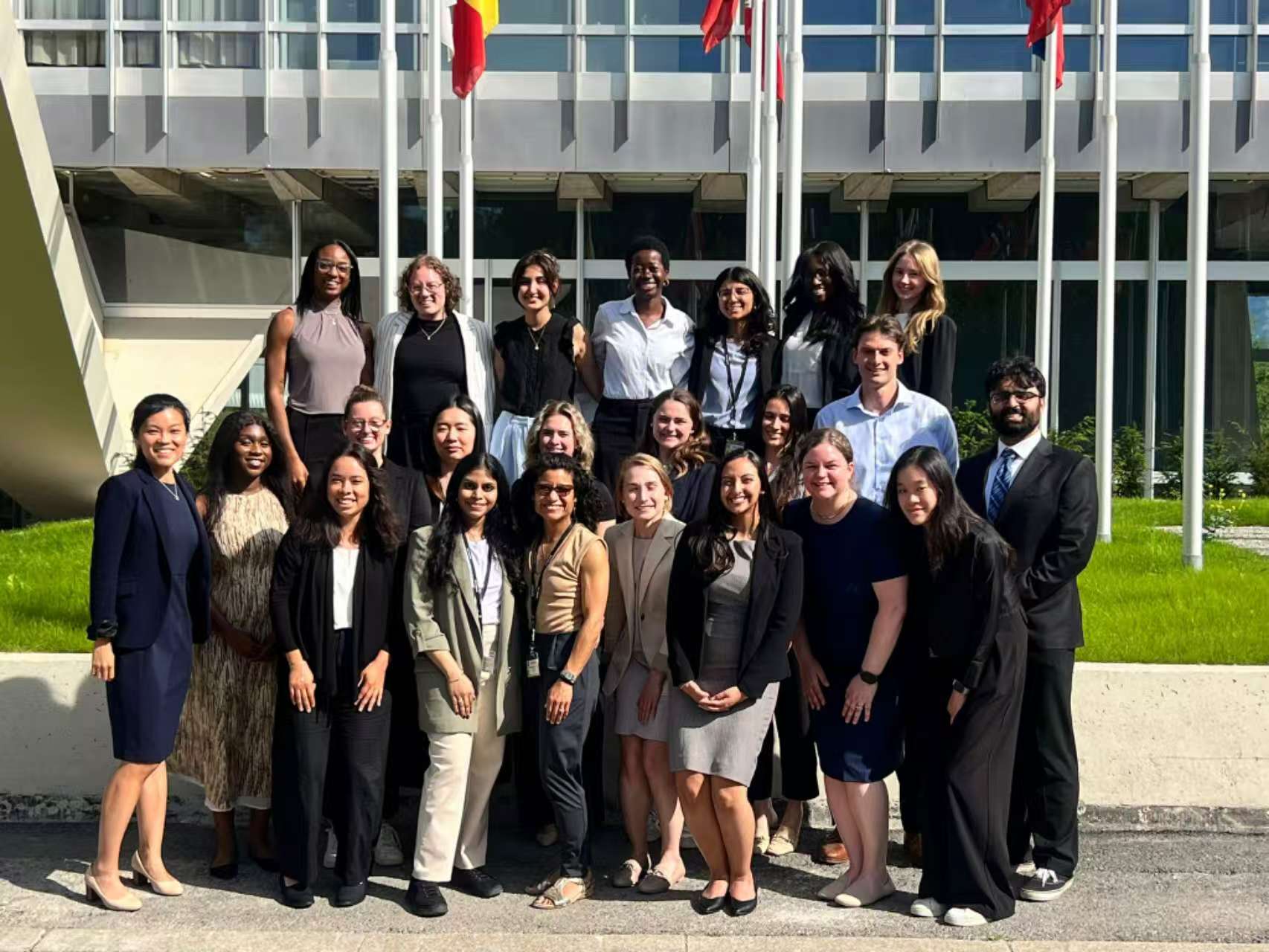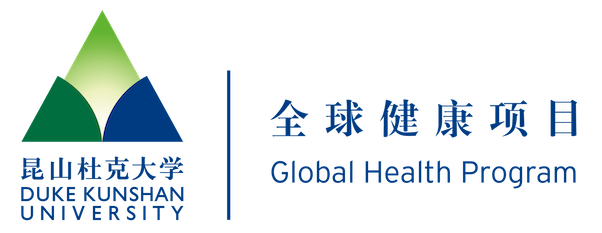Geneva, Switzerland, is a central hub of global governance, hosting numerous international organizations and serving as a vital window into global health policy. Hosted by Duke University’s Sanford School of Public Policy, the Duke Global Policy (DGP) Program in Geneva offers an intensive week of academic seminars, institutional visits, and cross-cultural exchange. The program bridges theory and practice, enabling students to step beyond the classroom and experience firsthand the complexity, collaboration, and diversity inherent in tackling global health challenges. We invited some program fellows to share their experiences and stories about this incredible journey.
Tarra Tjandra:
There Is More Than One Path to Change the World
When I first started my graduate studies, the Geneva Program immediately caught my attention. In this field, both professional networks and hands-on experiences are significant. The opportunity to visit the headquarters and regional offices of major international institutions—such as the World Health Organization, the United Nations, and the International Committee of the Red Cross—was a precious opportunity. These visits allowed us to gain insight into the mechanisms behind health systems and policymaking at a global scale. I wanted to move beyond the limitations of hospitals and laboratories to deepen my understanding of health issues and witness how large-scale policies and humanitarian actions are put into practice in the real world.
Throughout the week, I was immersed in a vibrant intellectual community surrounded by peers who share the same curiosity, drive, and critical thinking about global health challenges. Participants came from diverse fields, including health, trade, law, and international relations, each bringing unique perspectives to the table. This experience showed me how global health is evolving into a truly multicultural and interdisciplinary endeavor. Conversations with peers from Africa, Asia, Europe, and Latin America underscored the importance of culturally sensitive approaches and the crucial role of local leadership in international decision-making.

Tarra (first from the right in the row) in front of the WHO building
Global health is intricately connected to politics, economics, migration, and even climate change. Before joining the program, my understanding of global health was largely limited to disease prevention and access to medical care. However, through institutional visits and dialogues, I realized that achieving global health requires cross-sector collaboration, long-term financing strategies, and coordinated crisis response mechanisms. Most importantly, global health is not only about good ideas—it is about implementation. Sometimes, planning is easy, but putting plans into practice amid political instability, displacement, or resource shortages is far more complex.
Previously, I only knew a handful of large intergovernmental organizations such as the WHO and the UN. This program introduced me to many smaller but highly impactful organizations—such as MEDair and the Norwegian Refugee Council. Despite their size, they play crucial roles in the global health governance ecosystem. This broadened my understanding and reaffirmed my belief that there is more than one path to change the world.

the United Nations European Headquarters in Geneva (palace of nations)
Tips for Future Students
01. Speak up and engage actively – Your questions and insights matter. This program is a platform for deep learning through contribution.
02. Explore the city – Geneva’s rich cultural and historical heritage resonates with the lessons learned in the program.
03. Keep an open mind in dialogue – Some of the most valuable insights come from conversations with speakers and fellow participants.
Related Reading
He Ye: The Power of Collective Efforts – Global Health | Duke Kunshan University

